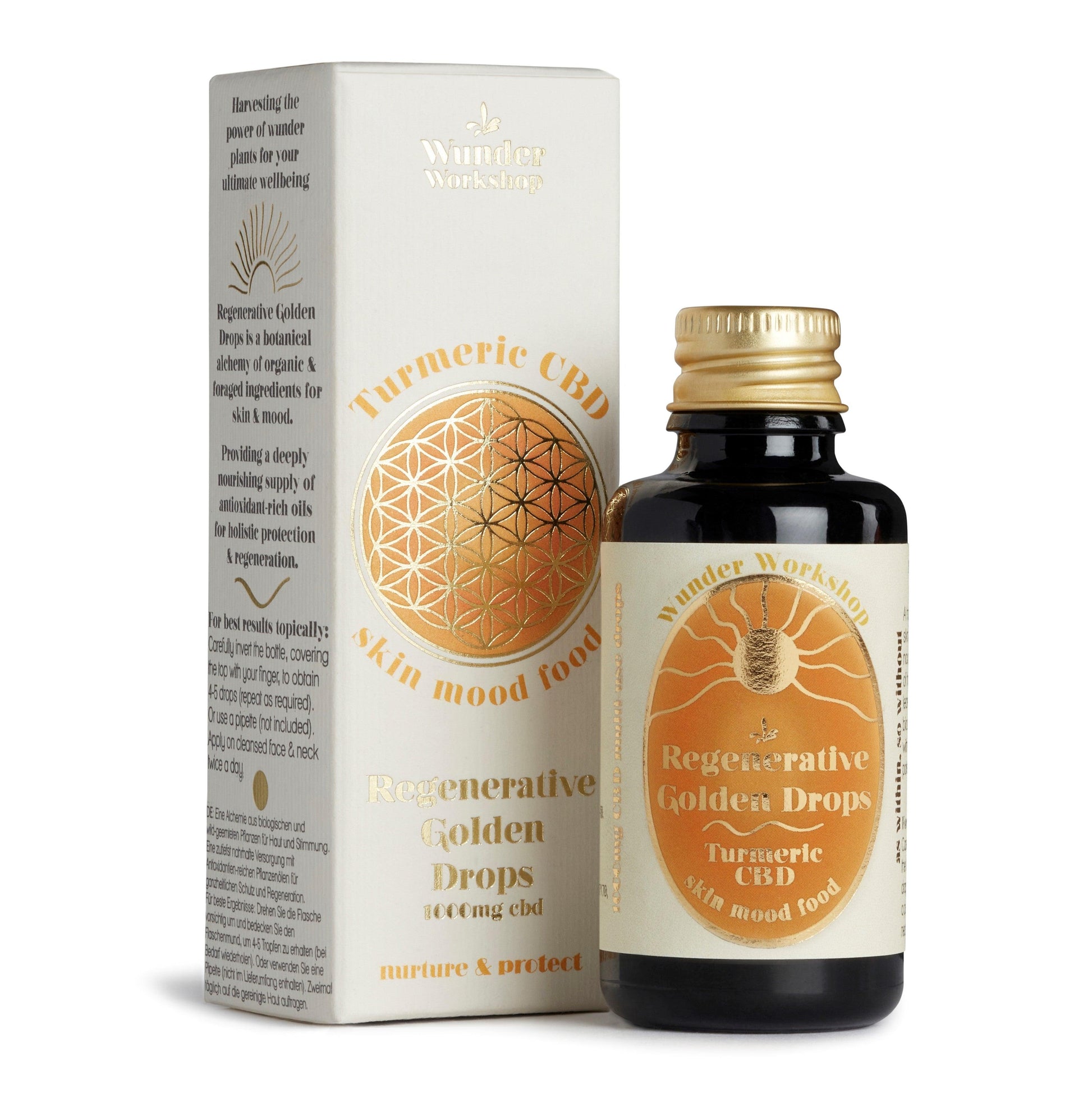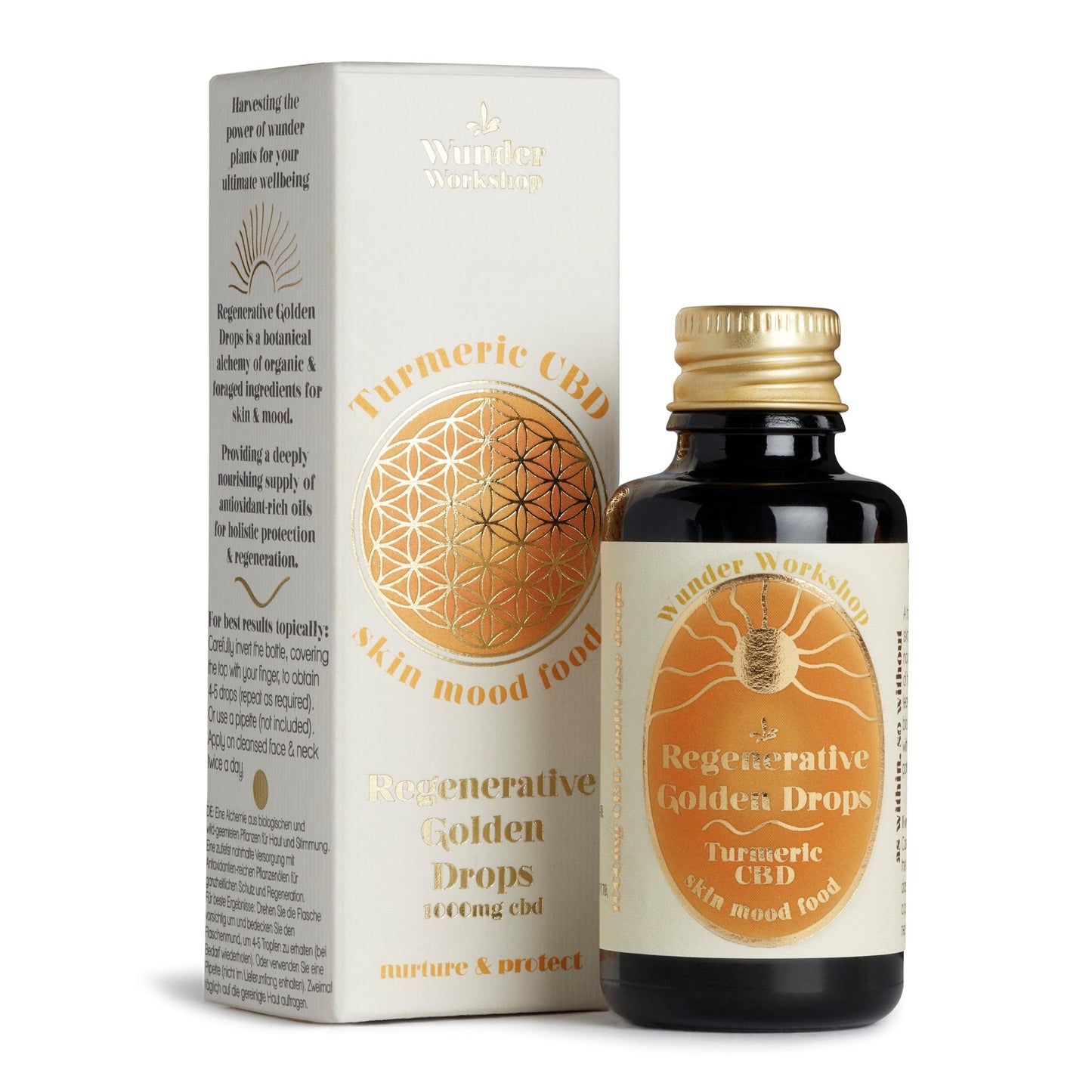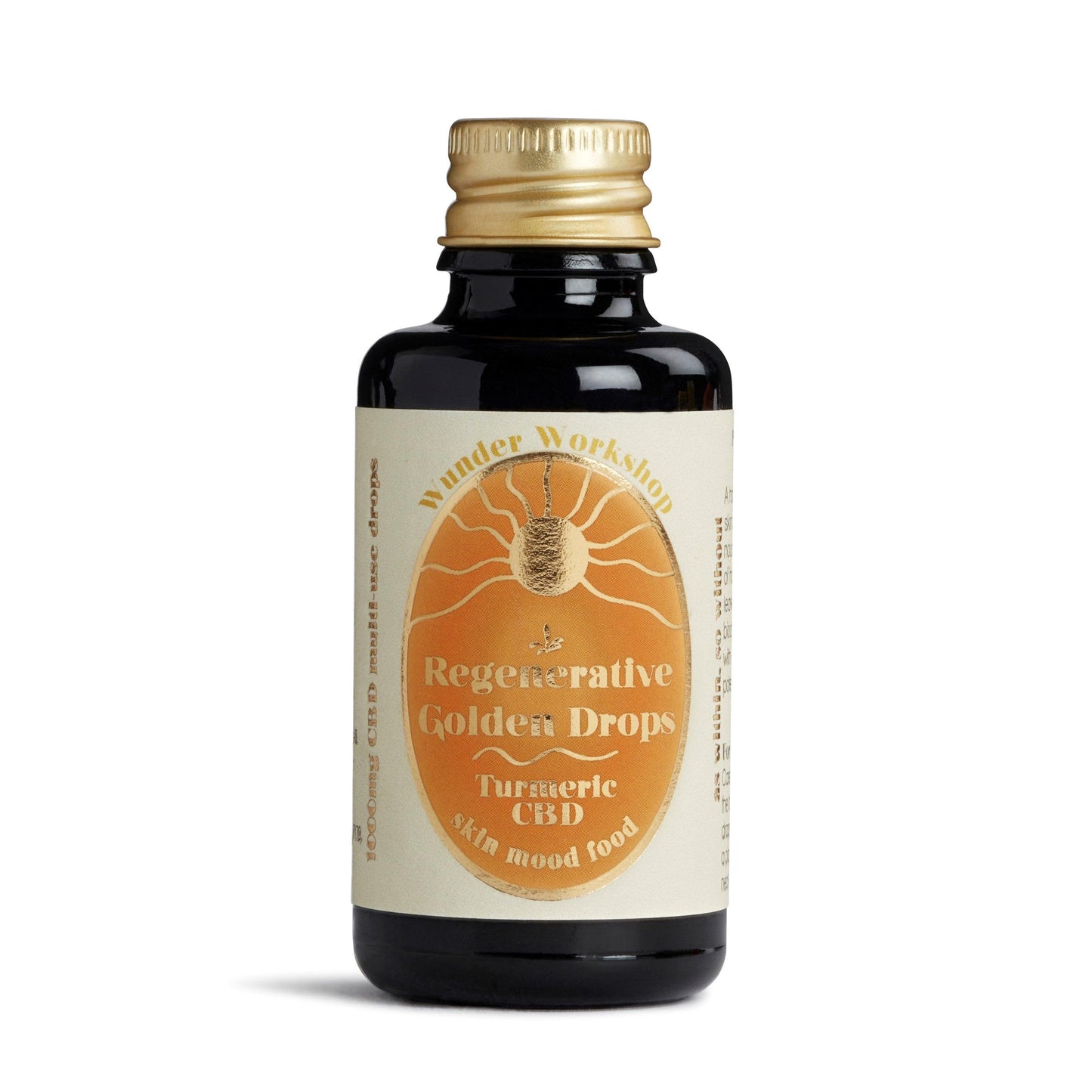Ashwagandha, also known as Indian ginseng, is an ancient herb that has been used in Ayurvedic medicine for thousands of years. It is classed within Ayurveda as one of the revered rasayana's - a superior class of herb that promotes longevity and rejuvenation.
Due to this esteemed status it is believed to have a wide range of medicinal properties, including anti-inflammatory, antioxidant, and stress-relieving properties. It therefore is used in a wide range of ailments to treat and improve many aspects of human health.
Ashwagandha's History
The first uses of Ashwagandha date back to ancient India and Ayurvedic scripts which date back to BC 6000, where it was used in Ayurvedic medicine to treat people of all ages to promote a youthful physical state and joyful mental state. It is often referred to as the Queen of Ayurveda. Ashwagandha was also used to improve overall well-being, strengthen the immune system, and increase longevity.
The Ashwagandha (Withania somnifera) shrub originates from the arid regions of India, but its prevalence has since spread. The roots are where the majority of the medicinally beneficial compounds are found and traditional preparations of the herb combine the fine ashwagandha powder with ghee, water, or honey.
Today, ashwagandha is widely used in India and other parts of the world as a natural remedy predominantly for stress and anxiety.

Benefits of Ashwagandha
Recent scientific research has supported the traditional uses of ashwagandha. Rasayanas are considered adaptogenic and stress relieving by their nature, but this has been shown through clinical studies in more recent years where the western approach to medicine has been applied to age-old Ayurvedic knowledge. The list of benefits is wide so we will look at the top, research-backed benefits of ashwagandha:
1. Ashwagandha is Anti-inflammatory - chronic inflammation is recgnised as one of the most significant causes of illness in modern times. The build up and repeated damage through external factors such as our diets, chemical pollutants and stress is known to create inflammation within our body. Supplementing with known anti-inflammatory herbs will help to limit this chronic damage. These anti-inflammatory effects are understood to be due to unique compounds within Ashwagandha known as withanolides and withaferin A.
2. Ashwagandha is an Antioxidant - being an antioxidant helps to protect our cells from "free radicals", these are atoms in our body that cause damage to our cells. We naturally produce these atoms, or oxidising agents, through chemical processes in our body, but they can cause all kinds of damage to our cell DNA< cell walls and other proteins. Antioxidants are able to neutralise these atoms themselves by losing or gaining an electron to form a pair of electrons.
3. Stress and Anxiety-relieving properties of Ashwagandha - as an adaptogen, ashwagandha's predominant effects relate to stress. Much like Siberian ginseng (eleuthero) and panax ginseng, the adaptogenic effect of ashwagandha is multi-faceted. However, there is a key link to the regulation of our prime stress hormone, cortisol. When we release cortisol we prepare our body for "fight or flight", increasing blood pressure, dilated pupils and more, all of which are beneficial in highly stressful situations - but not on a chronic basis - where they can lead to severe illness over time.
4. Benefits for Cognitive Function - Ashwagandha extract powder is also believed to have potential benefits for cognitive function - improving the function of our brains. Studies have shown that it may help to improve memory and promote intellect, and may also have neuroprotective effects. This cognitive promoting effect has been most significantly shown in cases of head injury and in the elderly.
5. Help against Degenerative Diseases like Alzheimher's, Parkinson's and Huntingdon's - Ashwagandha's neuroprotective properties make it a compelling herb to prevent diseases that are caused by the degeneration of neurons in our brain and body. Protecting these neurons is shown to help reduce the progression of neural atrophy, thus helping against these diseases. In Ayurveda, it is described as a nervine tonic, making it an important ingredient for longevity in those experiencing neural degeneration.
6. Ashwagandha's Anti-depressant effect - Studies have also shown that the herb was as effective as to commonly used anxiolytic drugs in rats. This research indicates that it may also have similarly compelling effects against depression in humans.
7. Athletic Performance and Ashwagandha - Ashwagandha extract powder is also believed to have potential benefits for athletic performance. It may help to increase endurance, reduce fatigue, and improve respiratory function. This is thought to be due to its ability to increase the body's production of adenosine triphosphate (ATP), which is the primary energy source for muscle contractions.
8. Ashwagandha for Menopause - Some of the uncomfortable physical manifestations of menopause have been shown in clinical studies to be alleviated when supplementing with Ashwagandha. Hot flashes, caused by estrogen reduction in the body have been shown to be reduced in placebo controlled, double-blind studies, including other symptoms such as mood swings and depression.
Ashwagandha extract powder is generally considered safe for most people, however, it may interact with certain medications, it is recommended to speak with a healthcare professional before taking it.
In conclusion, Ashwagandha is an ancient herb that has been used in Ayurvedic medicine for thousands of years. Ashwagandha extract powder has anti-inflammatory, antioxidant, stress-relieving, cognitive and athletic benefits. As with any supplement, it is important to consult with a healthcare professional before starting to take it.
Recipe:
As mentioned, ashwagandha's typical preparation is simply mixing the powder into water, ghee or honey. But if you are feeling creative and adventurous here's a recipe for a delicious and healthy Ashwagandha smoothie that you can try at home:
Ashwagandha-Berry Smoothie Ingredients:
- 1/2 cup antioxidant rich frozen berries (blueberries, raspberries)
- 1/2 cup organic kefir
- 1/4 cup almond milk
- 1 tsp Superior Ashwagandha extract powder or Golden Balance
- 1 tsp honey (optional)
- 1/2 tsp vanilla extract
Instructions:
- In a blender, combine the frozen berries, kefir, almond milk, Superior Ashwagandha or Golden Balance, honey (if using), and vanilla extract.
- Blend until smooth.
- Taste and adjust.









